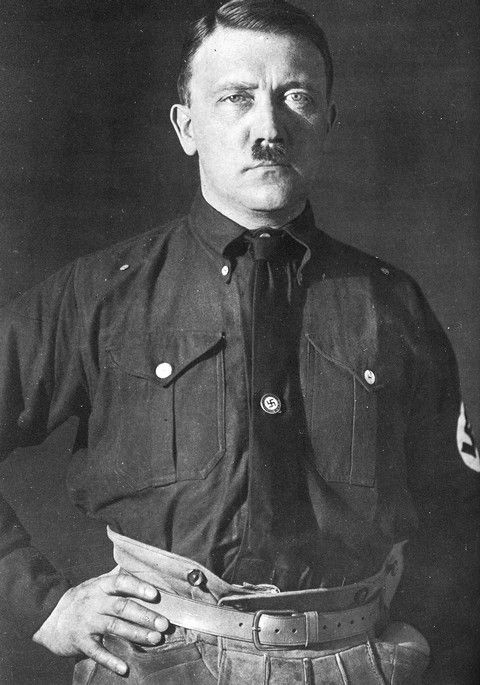New Evidence: Boy, Who Would Become a Priest, Saved Hitler From Drowning as a 4-Year-Old

A German newspaper clipping from 1894 found in the city of Passau is compelling historians to believe in the local legend that has it that Adolf Hitler was saved from drowning as a 4-year-old boy in River Inn in the Lower Bavarian city.
The cutting from the newspaper, identified as Donauzeitung - Danube newspaper, describes how a “young fellow” fell through the thin ice of the river and how a determined comrade went into the freezing water to save the child, Daily Mail reported on Thursday.
The incident reportedly happened in January of 1894 when Hitler’s family was residing in Passau, according to the newspaper report.
Hitler’s savior, Johann Kuehberger, was almost his age and grew up to become a renowned priest in Germany.
The finding supports some of the earlier accounts of the fatal accident of Hitler’s childhood, including a revelation by Father Kuehberger’s successor Max Tremmel, who said before dying in 1980 that Kuehberger had told him about how he had rescued Hitler, who would grow up to become the infamous Nazi leader.
Another mention of Hitler’s drowning tale is found in German author Anna Rosmus’ book titled “Out of Passau: Leaving a City Hitler Called Home.”
Despite having grown up in a city where Hitler spent a few years of his childhood, Rosmus explains in her book, published in 2004, that she never received proper information about the history of Nazi activity in Passau, or in Germany as a whole.
There are assumingly many older residents in Passau, who have heard about Hitler’s sinking incident in the icy Inn waters from their elders. Based on local tales, Rosmus writes in her book:
“In 1894, while playing tag with a group of other children, the way many children do in Passau to this day, Adolf fell into the river.”
“In Passau, everyone knew the story.”
Hitler supposedly never shared his near-death experience of the childhood drowning incidence. However, according to historians, he did tell his generals stories of how he played as a child on the banks of the river in Passau.
© Copyright IBTimes 2024. All rights reserved.





















